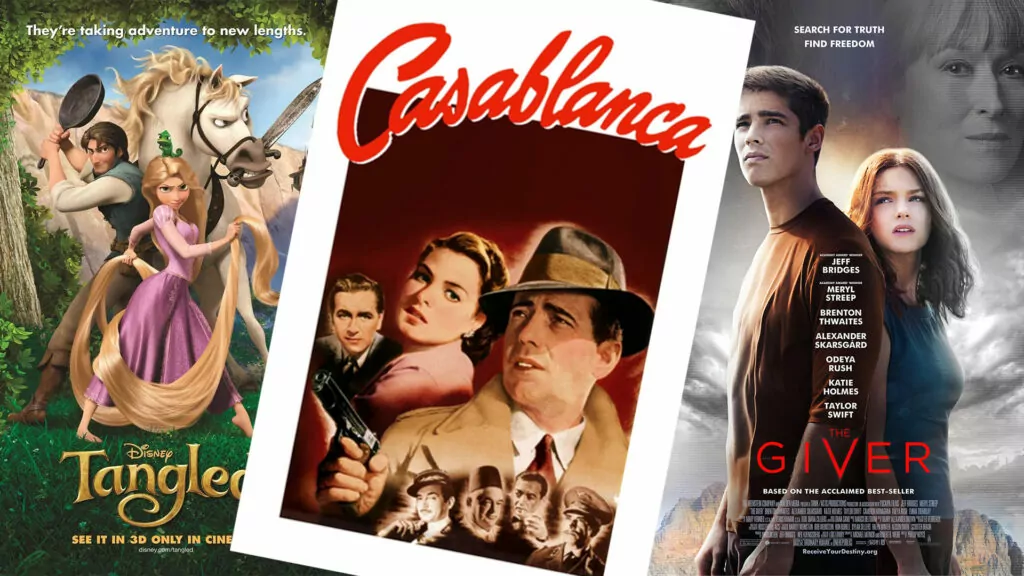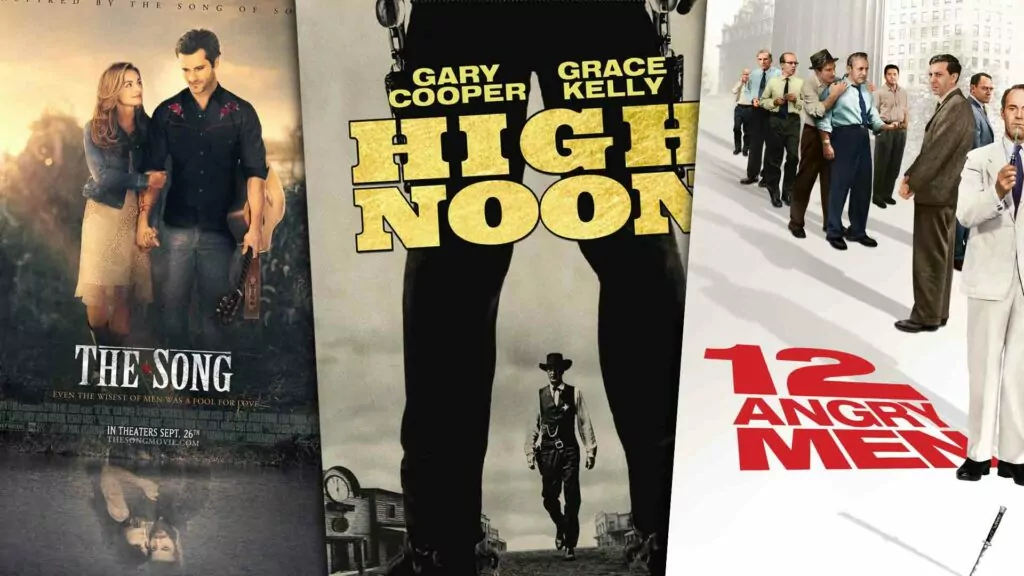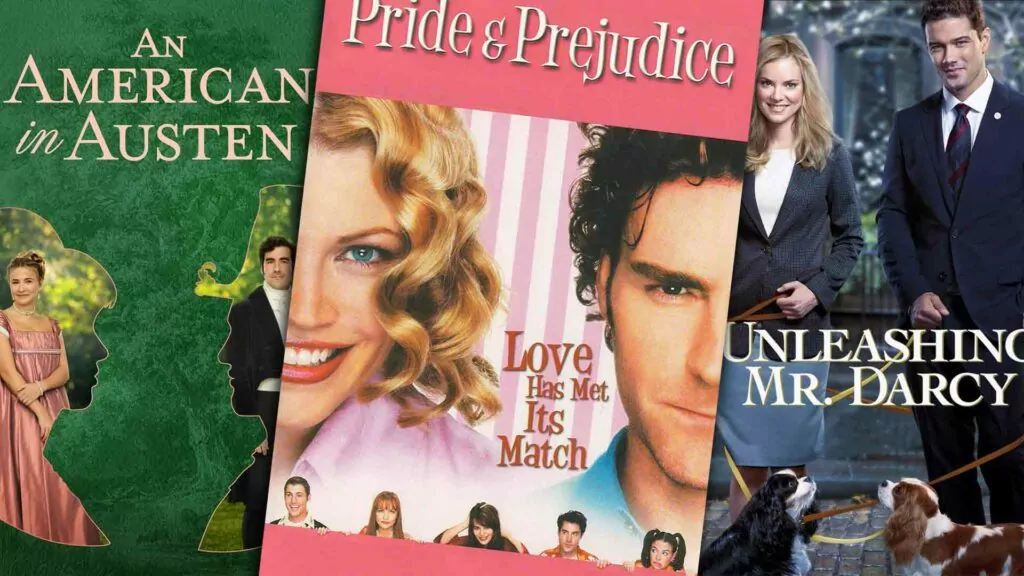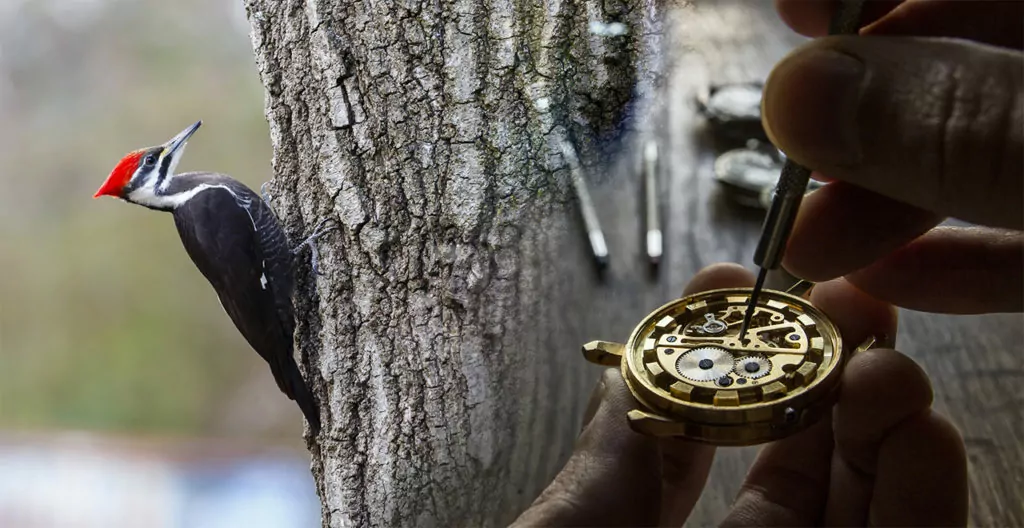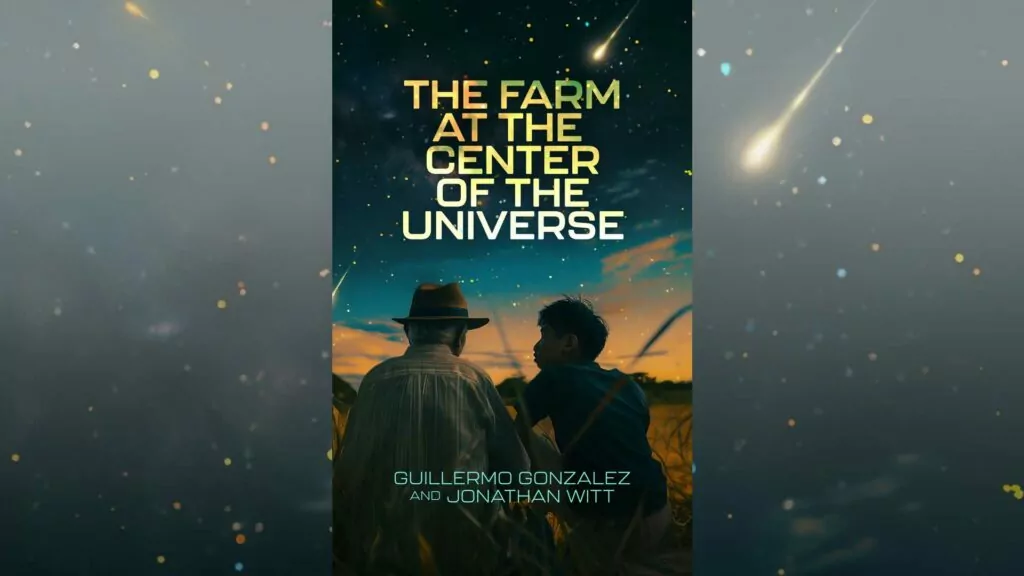Peter and PICS: Inclusive Education
Why, and how, Edmonton’s Parkland Immanuel Christian School (PICS) won a national award for inclusive education
Last year our local Canadian Reformed school received an award – the National Inclusive Education Award – for the way they fully included our son Peter in school life. My husband and I wanted to share some of the highlights of what Parkland Immanuel Christian School (PICS) did through the years, as a way of encouraging our Reformed schools across Canada to continue to aspire to include students with special needs in all facets of the school experience.
A little about Peter
To begin it is probably helpful to know a bit about our son, Peter, and the nature of his disabilities. Peter was born prematurely, at 25 weeks gestation, and weighed just over 2 pounds. Thirty-six hours after being born he experienced a severe brain hemorrhage, which resulted in mild to moderate cerebral palsy (spastic triplegia). He began walking at age 4, and today he walks community distances using ankle-foot orthotics on both legs, wears a hand splint on his left hand, and has full use of his right hand. He also has a ventricular-peritoneal shunt which drains his cerebral spinal fluid from a ventricle in his brain into his abdominal area. He is legally blind and therefore uses a white cane, and requires assistive technology and large print for reading. He has a developmental disability and throughout his school career has been blessed with exceptional educational assistants that have helped to modify the curriculum so that he can readily understand and engage with it, and have supported him in the classroom so that he is a fully contributing member of the class.
Peter is also an avid conversationalist, full of questions and personality! He is currently taking Profession of Faith class at Providence Canadian Reformed Church here in Edmonton, he loves attending church, and he is serious about his personal devotions. He has many interests including camping and travelling as a family with his younger brother and 2 younger sisters, golfing, sit-skiing, watching sports, attending social events at church and school with family and friends, and is an avid Oilers fan.
Starting school
Pete’s inclusive journey at PICS began in kindergarten, in September of 2001. Prior to this the kindergarten teacher met us in our home, and learned all she could about Pete. This was such an important first step, and we appreciated it so much! On the kindergarten orientation day we were so blessed by the number of staff and students that went out of their way to say hello to Pete and make him feel at home. Pete had a wonderful first year at school, where he enjoyed participating in all of the classroom activities as well as the many fieldtrips.
In 2002 Pete entered grade 1 as a full-time student. Pete was a “pioneer” at PICS, in that he was the first PICS student to have severe special needs. His grade 1 teacher and educational assistant (EA) took on this new role with incredible enthusiasm. After school hours and in the evenings (without pay) they attended workshops by the Edmonton Regional Coalition for Inclusive Education, to learn all they could about quality inclusion. This teacher-EA team went on to be Pete’s teacher and EA in grade 2 and grade 3 as well, providing a wonderful level of consistency. Pete’s IPP (Individual Program Plan) goals were always carefully tracked and recorded, and our meetings were positive and productive. As parents we always felt that our ideas were supported, and that we and the school were on this new journey together.
Pete’s elementary teachers in grade 4, 5, and 6 continued the trend of quality inclusion, dedication and care. Pete’s EA spent countless hours of her own time taking Braille courses, so that she could use these skills with Pete, as he learned Braille in the school setting. His EAs helped him be an integral part of School Spirit Days and Sports Days by becoming completely involved in the events themselves and encouraging Pete to do the same.
On to Junior High
When it came time for Pete to transition to Junior High, the learning assistance coordinator and a member of the school board attended (along with us, as parents) a 5-evening workshop series offered by a public association in Edmonton for students with special needs transitioning from grade 6 to grade 7. This unity between the school and the home made our experience a truly positive one, in which we felt inclusion was always the focus.
In Grade 7 the teachers continued to strive to include Pete in all class activities. Despite Pete’s cerebral palsy and visual impairment, his teacher ensured that he went skiing for the day with his class, using modified techniques. He went on the annual Grade 7 three-night camping trip, near Hinton, Alberta, and went orienteering and canoeing, with the help of staff, parents and peers. These amazing memories will stay with him forever!
With Junior High came Pete’s introduction to extra-curricular school activities. When all the boys in his class joined the volleyball and basketball teams, Pete was encouraged to join as well. He became an assistant coach, attending all the games, tracking stats and cheering on his classmates. He consistently coached every season, both volleyball and basketball, for 6 years (grade 7-12). With the support of staff, fellow coaches, parents and peers, he also went with the team on overnight trips to various tournaments, including 6 three-day trips to the Provincial Championships in various schools across Alberta. Pete loved being part of the team photos, player parades, banquets, and hotel stays. At his grade 12 Graduation this June he was awarded a scholarship for his commitment to coaching, from the Alberta Schools Athletic Association. A special moment indeed!
Senior High and more
In Grade 10, 11 and 12, Pete continued to be involved in the same courses and activities as his peers. Many of the students in Senior High joined the school Drama Club, and Pete did the same. He enjoyed helping out with ticket sales and behind-the-scenes support with lighting and props, and the staff even created scenes with Pete in mind, so that Pete could have an acting role tailored to his comfort level and ability. He loved the rehearsals and the adrenaline rush that accompanied his performances, and thoroughly enjoyed the social inclusion that the teachers and peers in the club provided.
Besides being on honorary assistant coach on the Senior Volleyball and Basketball teams in Senior High, Pete also became involved in Intramurals. PICS has a Senior Ball Hockey League at noon hour for grades 9 – 12, and teachers play as well! Due to his vision and mobility challenges, to have Pete play on this high-speed, intensive court safely is quite a feat, but with the principal as a teammate, padded protective gear, a helmet to protect his head and shunt and a bright jersey to help the other players look out for him, this venture was a solid success.
In Senior High, PICS continued to provide a high level of inclusion within the Senior High level courses. Due to Peter’s developmental disability, the regular curriculum was modified where necessary, and a full-time EA was always present and supportive, but every effort was made to use the materials the whole class was using. Pete’s EAs always ensured that Pete has access to large print materials, and with the invention of the iPad, Pete’s textbooks, assignments and powerpoints were all downloaded and ready at Pete’s fingertips. The learning coordinators at PICS were always professional and ready to help. Every year a variety of consultant visits were scheduled (vision consultant, occupational therapist, adapted education consultant, assistive technology consultant) and meetings were carried out consistently and efficiently.
He also took part in Physical Education class. Although full court team sports are challenging, he still learned the same drills and techniques during skill development time, as well as participated as a referee and scorekeeper, with peer support.
Extracurriculars
Peter was also provided with many unique course opportunities in Senior High. His course load included core subjects such as Math, English, Social Studies, Religious Studies and CALM, as well as a number of options. He was completely included in Band class, and performed consistently well on percussion, including the bass drum, as a one-handed drummer. He performed in all of the Band concerts and assemblies, and attended a Mass Band Concert with 4 other Canadian Reformed schools, via a 6-day road trip, in Winnipeg, in April. The band teacher was so helpful by communicating with us about Pete’s needs on this big trip well ahead of time.
He took Construction class for 3 years, and the teacher did a super job of involving Pete in the process of using saws and machines to create tables, a clock and other projects. This can be challenging, especially due to Pete’s vision, but the staff found ways to accommodate this and keep Pete safe! His EA also took a construction course, after hours, in order to support him in this class.
He also enjoyed a grade 12 level Wildlife course, and was part of a 2 night hike in Jasper, Alberta in June with his classmates, over difficult terrain, using a trail-rider (best described as a back country aide for wheelchair users that is a cross between a wheelbarrow and a rickshaw!) and “sherpas” (to power the trail-rider; this included his dad, grandpa and two of his uncles) to help him with this challenging feat. What a blessing that this was possible.
The staff at PICS this past 13 years – its teachers, its educational assistants, its principals, its secretaries, its learning assistance coordinators, its drama directors, its athletic directors and coaches – have truly proven that they welcome students with special needs, and strive to include them in the most meaningful ways possible. The school community as a whole has also been such a blessing, through individuals and parents who look out for Pete at sports events and fieldtrips, and who stop to chat at church and school events. The School Board has fully supported the creation of a Learning Assistance and Special Needs policy, and has helped to develop the job description of the learning assistance coordinator position, which is crucial to quality inclusion. The Board has supported the hiring of EAs that have training in the area of inclusion, so that this goal can be attained.
Peter’s peers
Not only were the staff, board and parents very supportive, but Pete’s peers have been a tremendous blessing in our lives as well. His peers knew him well and loved to see him do well. They hung out by their lockers together, and helped him find his role during group projects. They visited him when he was in the hospital for shunt surgery, and they texted and facebooked about their latest basketball game. They attended birthday parties together, went to sports tournaments together, learned and laughed together. Today they golf together, watch hockey together and go to Boston Pizza together. We are so thankful for the bond which continues to exist between them.
Pete has graduated from PICS, and he is starting a whole new chapter of his life. This past Spring he applied to Grant MacEwan University here in Edmonton, and in May we heard the exciting news that he was accepted into the Travel Diploma Program with support from a facilitator from the inclusive program there. Out of 20 applicants only 2 were selected, so we are so thankful that God has granted Pete this opportunity. We truly feel that the inclusive education that Pete received at PICS contributed greatly to the inclusive life that Pete continues to lead, and we thank the Lord for this.
Conclusion
It is our hope and prayer that inclusive education continues to grow and flourish in our schools, our churches and our communities. We have told this story of Pete’s journey, in order to demonstrate how a church and school community can work together to support persons with disabilities. Our journey has had its challenges and there have been times when not all went as smoothly as hoped. But even during challenging times, lessons were learned, new commitments were made, and by God’s grace and through Christian love for one another, the bar for measuring inclusive education was raised. PICS continues to live out a vision of inclusion that knows no bounds. We pray that many others will embrace this vision and make it their own, and under God’s blessing, help all students with disabilities to be vital, visible and living members of God’s Kingdom.
Today Peter is busy attending Grant MacEwan University, while also holding down a part-time job as a print assistant at NexGenGraphix. He also volunteers one morning at PICS, helping out students in the library and in Band class, and can often be found chatting with his former teachers in the staff room...















































